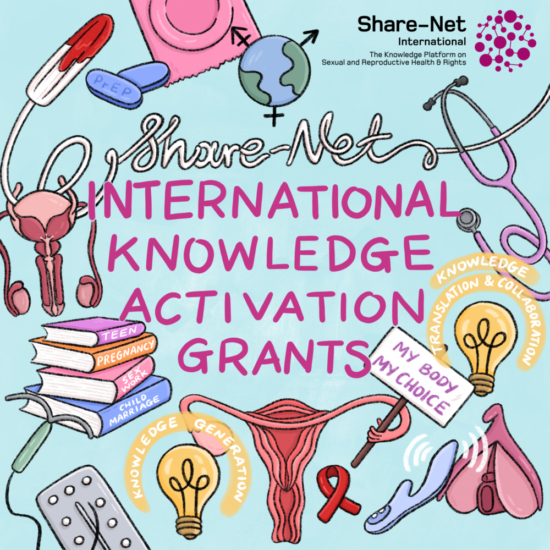Countries | Georgia, Ukraine and Kyrgyzstan |
Duration | 03.2023 – 06.2024 |
Donor | Share-Net International Activation Grants |
Target Group | CSOs and service providers |
Bridging the gaps - effective sex treatment response for communities affected by problematic chemsex.
The project addresses the current knowledge gap about the effective sex treatment strategies for GBMSM communities affected by problematic chemsex living in hostile environments (countries). The knowledge product will increase the access of policymakers and practitioners to evidence-based knowledge about effective chemsex treatment strategies, allowing them to make informed and effective decisions on the program, policy and practical (client) levels. Consequently, those affected by chemsex will get care meeting their needs, allowing them to restructure their sexual patterns, get more control over sexual life and (re)develop intimacy, leading to ensured access to sexual rights on an individual level.
In the framework of the Activation Grants program, AFEW International will develop the report from participatory research analysing the current state of the art regarding the needs of problematic chemsex users and counsellors regarding the effective interventions focused on restoring abilities to enjoy pleasure from sober sex. For the study purposes, AFEW International is going to perform desk research, gather information about the needs and current experiences of existing services through CBPR (Community Based Participatory Research), interview the individuals providing sexual health services for chemsex users, and collect the good practices.
Project objectives
First, the project intends to engage the community of those most affected by the lack of data and services related to the sexual problems caused by problematic chemsex use. Reaching those populations through a unique project consortium and gathering data about their needs and experiences in using existing services will be the first success of the initiative.
The second project success will be related to the engagement of SNI members and COPs to discuss the recommendations and their use to develop an evidence-based, high-quality guide for policymakers and practitioners on delivering sexual services focused on the enjoyment of sober sex. The third success of the project will be related to reaching at least 150 individuals able to use it in policy design and ongoing clinical practice.
Download here – a guide for professionals and service providers working with GBMSM involved in chemsex in the EECA region.










